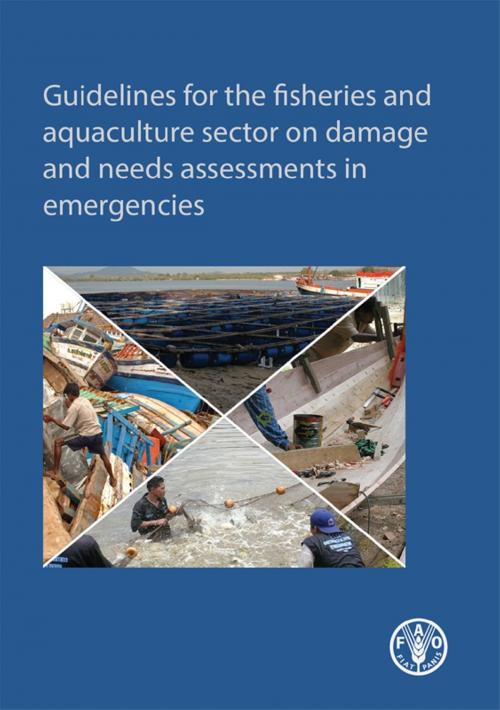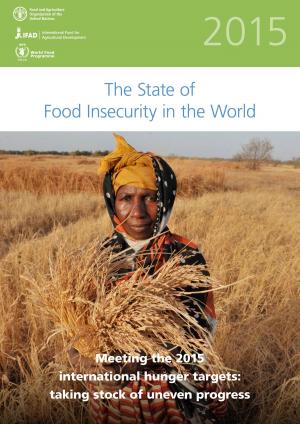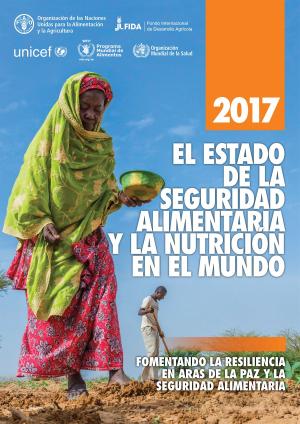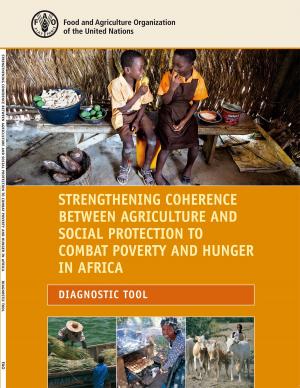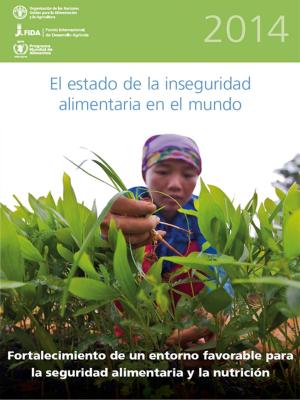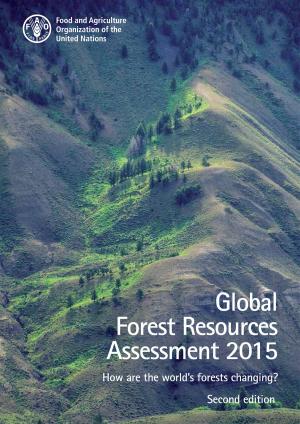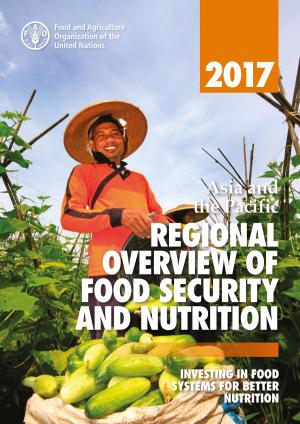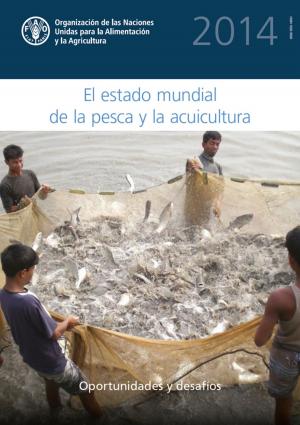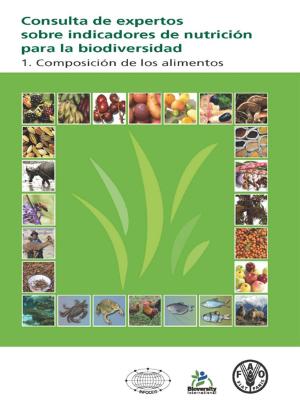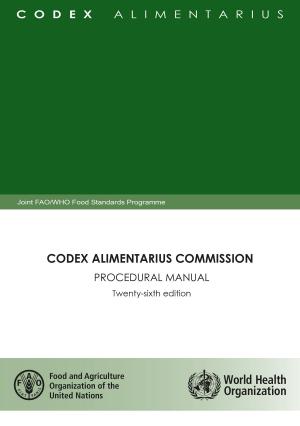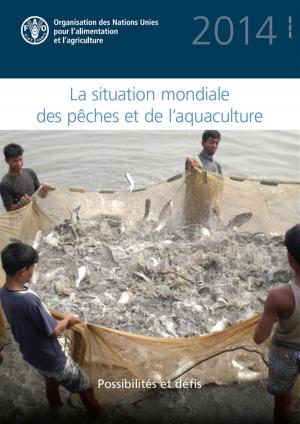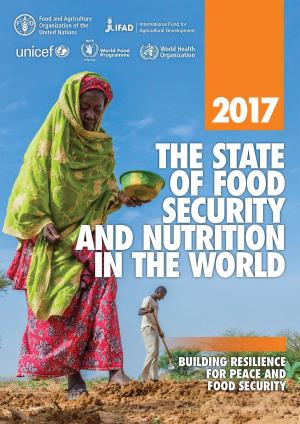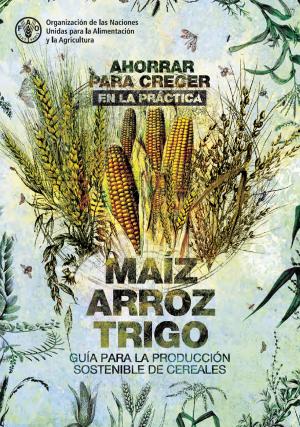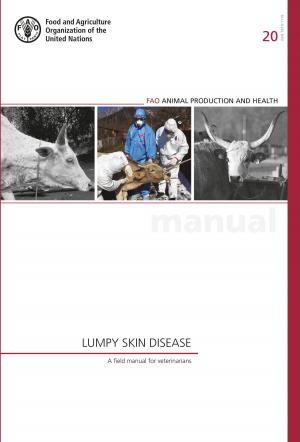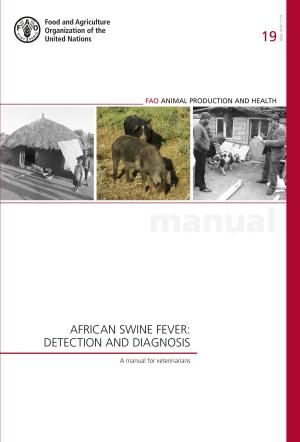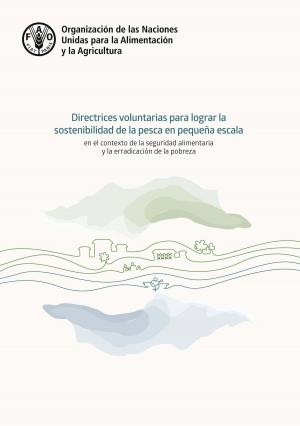Guidelines for the Fisheries and Aquaculture Sector on Damage and Needs Assessments in Emergencies
Nonfiction, Science & Nature, Science, Biological Sciences, Ecology| Author: | FAO fiat panis | ISBN: | 9789251082294 |
| Publisher: | Food and Agriculture Organization of the United Nations | Publication: | April 13, 2015 |
| Imprint: | Smashwords Edition | Language: | English |
| Author: | FAO fiat panis |
| ISBN: | 9789251082294 |
| Publisher: | Food and Agriculture Organization of the United Nations |
| Publication: | April 13, 2015 |
| Imprint: | Smashwords Edition |
| Language: | English |
In the last few decades, natural disasters have become more frequent and increasingly destructive. Populations depending on fisheries and aquaculture for their livelihoods are threatened not only by natural hazards but also by human-induced events and other developments beyond their control. Most small-scale fishers and fish workers live in developing countries, and they often face a multitude of problems that increase their vulnerability to hazards, such as pollution, environmental degradation, overexploitation of resources, high levels of accidents at sea and conflicts with industrial fishing operations. Many coastal communities are also particularly vulnerable to hazards resulting from poverty and food insecurity.
The particular characteristics of the fisheries sector and the livelihood context of small-scale fishers and fish farmers and their communities need to be clearly understood in order to be able to provide adequate disaster response in an emergency situation. An assessment of disaster impact is essential, not only for supporting the decision-making process before and during the immediate relief efforts, but also to set the basis for longer-term recovery planning.
These guidelines are aimed at those people who participate in post-disaster needs assessment at the country level. These may include line ministry staff, national and international UN staff, national and international consultants and staff of non-governmental organizations. The guidelines are based on a core document, which articulates the process and reporting requirements of postdisaster needs assessments. This core document is then supported by a series of technical annexes that provide specific guidance relating to different aspects of fisheries and aquaculture.
In the last few decades, natural disasters have become more frequent and increasingly destructive. Populations depending on fisheries and aquaculture for their livelihoods are threatened not only by natural hazards but also by human-induced events and other developments beyond their control. Most small-scale fishers and fish workers live in developing countries, and they often face a multitude of problems that increase their vulnerability to hazards, such as pollution, environmental degradation, overexploitation of resources, high levels of accidents at sea and conflicts with industrial fishing operations. Many coastal communities are also particularly vulnerable to hazards resulting from poverty and food insecurity.
The particular characteristics of the fisheries sector and the livelihood context of small-scale fishers and fish farmers and their communities need to be clearly understood in order to be able to provide adequate disaster response in an emergency situation. An assessment of disaster impact is essential, not only for supporting the decision-making process before and during the immediate relief efforts, but also to set the basis for longer-term recovery planning.
These guidelines are aimed at those people who participate in post-disaster needs assessment at the country level. These may include line ministry staff, national and international UN staff, national and international consultants and staff of non-governmental organizations. The guidelines are based on a core document, which articulates the process and reporting requirements of postdisaster needs assessments. This core document is then supported by a series of technical annexes that provide specific guidance relating to different aspects of fisheries and aquaculture.
